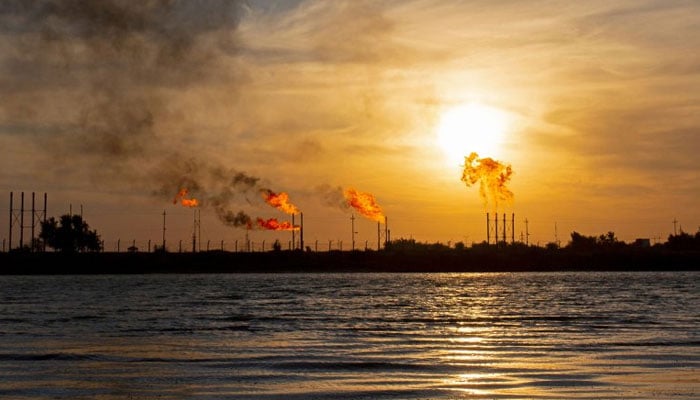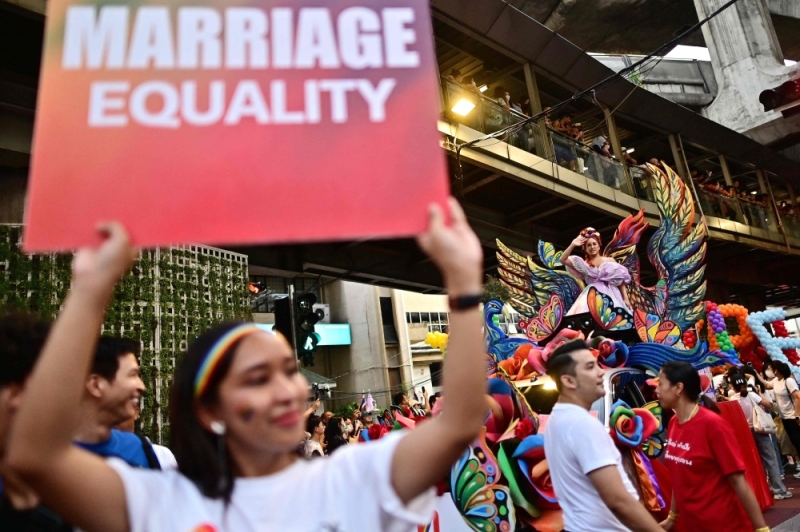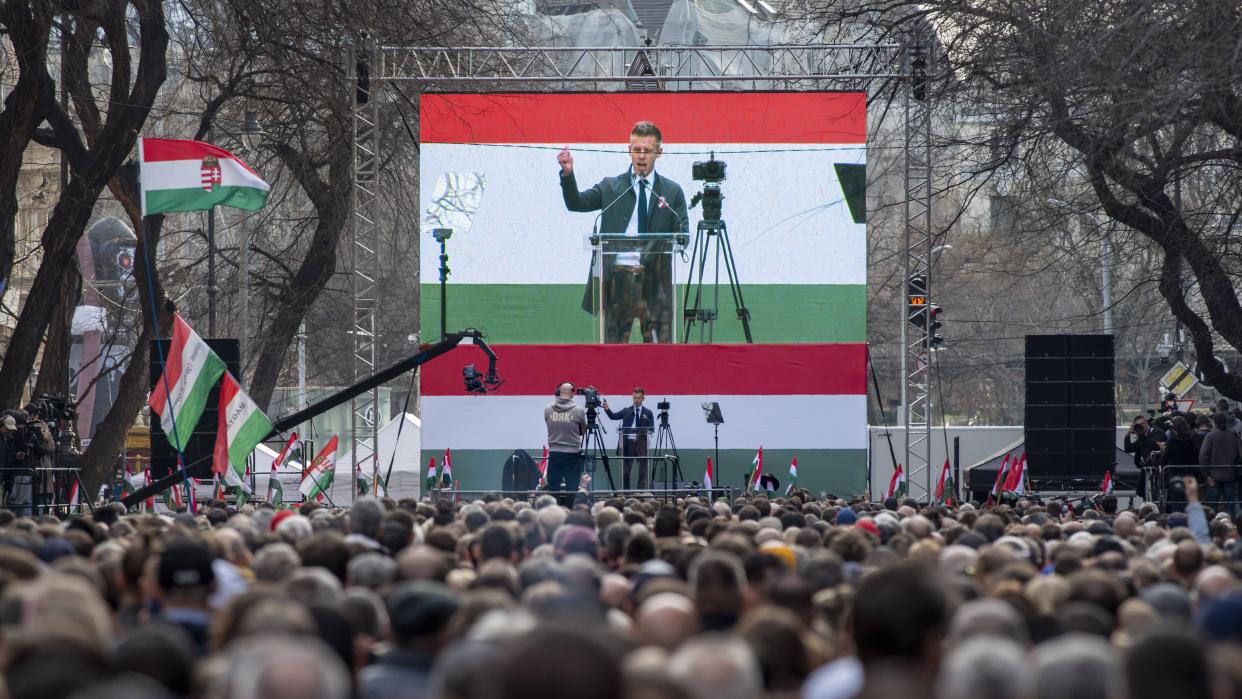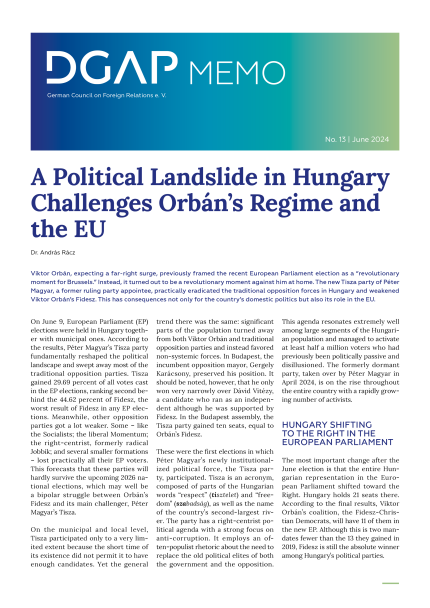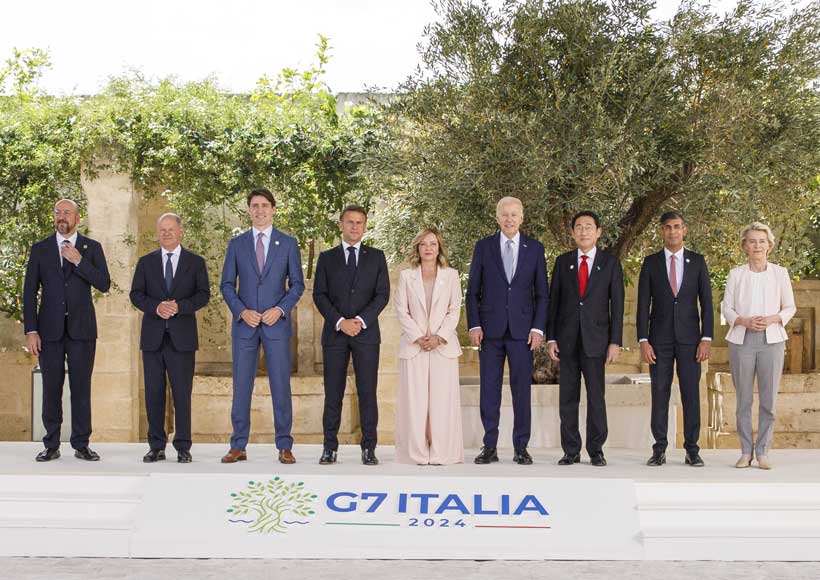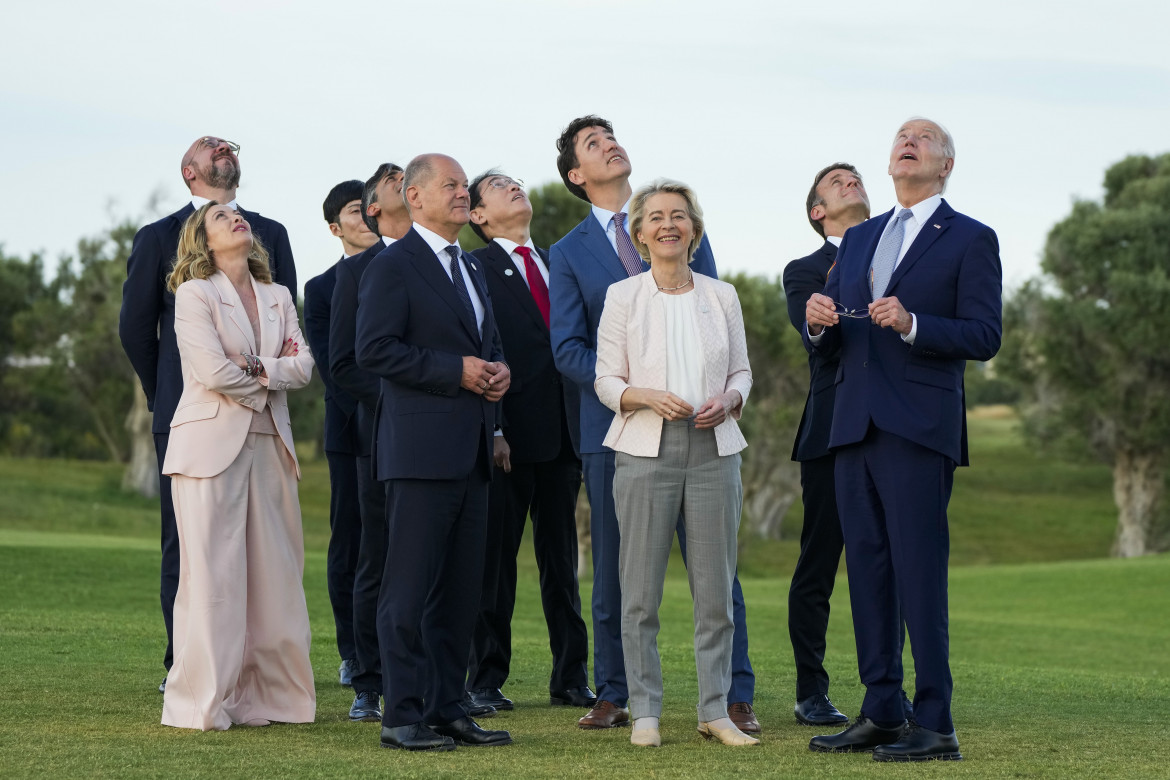Dominique Méda: The case for an ecological reconversion

“We need a more democratic Europe, with a Parliament that has more power, no longer yields to the Commission and refuses to accept petty deals between states. We have nothing to gain from a return to haggling between nation-states, or agreements made in secret, as happened with the latest social directives,” says Dominique Méda, French sociologist and philosopher, author of important works on ecological change and labor reform. Her book Democratize Work: The Case for Reorganizing the Economy (translated into Italian as “Il manifesto del lavoro. Democratizzare. Demercificare. Disinquinare”, ed. Castelvecchi) was released in English in 2022.
We interviewed her in Florence, where she is currently a visiting researcher at the Scuola Normale’s Ciampi Institute.
Mario Draghi says that a paradigm shift is needed. Europe should finance an “eco-digital” transition, military security and economic and social security. What do you think about this?
I fully agree with the analysis about the need for a paradigm shift. But I think the paradigm we need is more radical. For my part, I use the notion of ecological reconversion, which means that we have to, on the one hand, undergo a form of conversion, a radical change in our representations, and, on the other hand, organize the restructuring of our economies. I think the fight against climate change and biodiversity loss has to become an absolute priority. I’m not sure Mario Draghi is on the same wavelength.
How so?
It would require European and national-level planning, a radical reduction in material consumption, a renunciation of GDP growth, the protection of national and European products through a form of protectionism and a revision of World Trade Organization rules, priority given to the public sector over the private sector, an organized distribution of raw materials.
Such policies seem to me to be the opposite of the neoliberal policies that animate the European Union.
Yes, but the idea of an ecological crossroads has run through the history of European institutions. In 1972, after reading the report “The Limits to Development,” European Commission Vice President Sicco Mansholt proposed to Commission President Franco Maria Malfatti to launch a comprehensive program of ecological change. I highly recommend reading this program. Unfortunately, over the past 50 years, the institutions and elites have lost the memory of these struggles.
Today, major European leaders insist on the need to finance the military industry. Doesn’t it seem to you that Europe is changing towards an even more unjust model?
Yes, that’s true. On the one hand, there are many threats from outside empires, and, unfortunately, we have to be ready to face them. On the other hand, Europe’s temptation to close in on itself is in complete contradiction to what we should be doing: organizing global cooperation to devote all our forces to fighting the enormous ecological threat that has begun to make the world uninhabitable. Besides diverting public attention from this serious problem, the current military and trade wars are exacerbating climate change and mobilizing enormous human and financial resources that should be devoted to environmental investments.
Some say that a green transition in production would result in job losses.
That is a possibility, but it’s not the only one. I am behind the idea that, if we manage to get it right, the ecological crossroads could be a tremendous opportunity to create jobs and change work. Most of the research we have shows that the ecological conversion could create a lot of jobs, because the sectors to be closed down or reduced are less labor-intensive than those to be developed (transportation infrastructure, building insulation, organic farming, renewable energy, etc.). In addition, we will need more human labor because we will have to rely less on CO2-generating, energy-consuming machines. But this conversion is complicated.
Why?
The industrial restructuring of the 1970s, 1980s and 1990s was a failure in Europe. The workers in industries undergoing conversion were laid off or forced into early retirement. If we aren’t able to anticipate, organize and support future restructuring, there will be strong resistance to change. But if we can organize these changes together with the social partners and workers – democratizing the governance of business and the economy – then, in addition to creating jobs, we will be able to change work by making it less labor intensive and restoring meaning to it.
You advocate a “post-growth model.” What does that mean?
I started working on this issue in the late 1990s and published Qu’est-ce que la richesse?, a critique of the equation between a society’s wealth and progress and GDP growth. The GDP does not take into account activities that are essential for the reproduction and smooth functioning of society; it is not affected by inequalities in production, consumption or income; it fails to take into account in any way the degradation of our natural heritage or social cohesion. We must adopt other goals: meeting the essential needs of all while respecting the planet’s limits, and thus use other indicators.
Which ones?
I’ll use the following image, if I may: this would mean enclosing GDP – production – within two other indicators: the carbon footprint, in order to stay within the physical limits of the planet, and the social health index, developed by my colleague Florence Jany-Catrice. This index takes into account social welfare, which is not always linked to an increase in GDP.
Many people are talking about “green growth.” Don’t you get the impression that this concept prevents us from understanding that it is capitalism that impedes taking a different path?
I absolutely agree with that. It is just a trick that makes us think that dirty, bad growth can be turned into clean growth with a wave of a magic wand. Certainly, some progress has been made in terms of decoupling: we now produce GDP points with less CO2, but to do it properly we would need radical decoupling, which, for the moment, seems possible only with the help of disruptive technologies that are either not available or whose effects could be even worse. The only available path is through reduced material consumption and sobriety.
Your feminist approach highlights the often overlooked but essential role of women’s work. What role can they play in the transformation you envision?
One of the first researchers to highlight the causes of the radical change in representations and values that occurred in the 17th and 18th centuries was a woman: Carolyn Merchant. In an extraordinarily important book, The Death of Nature, published in 1980, the author showed the extent to which the scientific revolution that accompanied modernity determined the trajectory of the Anthropocene. In particular, she highlighted the way Francis Bacon promoted the exploitation of nature and the forcible extraction of its secrets, including through violence. That’s also what I was saying to my students before having read Merchant.
Perhaps it is because women are more sensitive to this form of domination?
They are, but not because they are inherently different, but because they have been and continue to be dominated and negatively valued. Women are in a better position to call for the implementation of a paradigm shift: from the current one of exploitation, conquest and forcible extraction to one of care. This allows us to rethink work, no longer as an activity aimed at development and exploitation, but as an activity that allows subsistence while respecting the land that allows us to obtain it. This is a very interesting line of thinking that several researchers are exploring. And that is a good thing.
